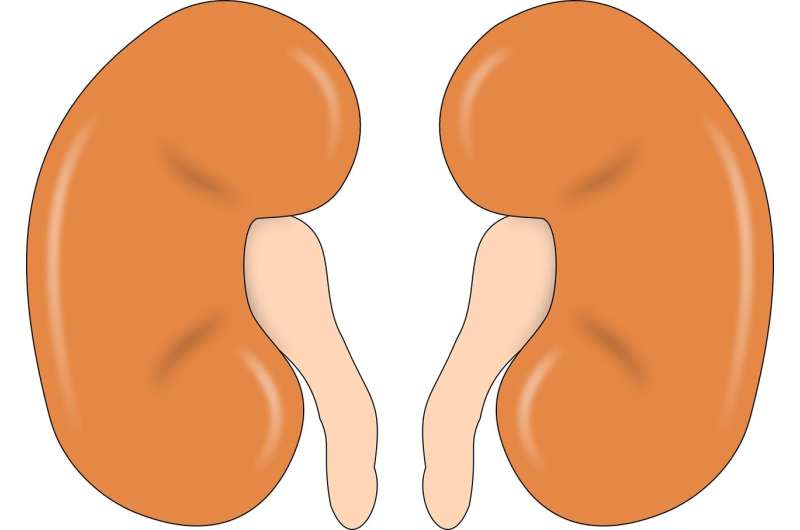Mayo Clinic Q&A: Heart disease and kidney disease—what's the connection?

Dear Mayo Clinic: My 78-year-old mother had a heart attack three weeks ago. She was feeling better for a bit, but became ill again and was told she has an acute kidney injury. Are the two conditions somehow related? Is she at higher risk for more kidney and heart problems after this?
A: Heart attack can trigger acute kidney injury, also sometimes called kidney attack. That is because the heart and kidneys are inter-related, and disease in one can raise the risk for illness in the other. Once a person develops heart disease or kidney disease, the chances of having future heart and kidney problems are higher than in people without a history of heart or kidney issues. The good news is that there are preventive measures that can be taken to keep those problems from getting worse.
Diseases in the kidneys can affect the heart. It is common for people with chronic kidney disease or end-stage kidney disease to develop heart disease, including heart attack or heart failure. The opposite also is true. Patients who have heart failure or who suffer a heart attack can develop kidney problems—either acute kidney injury or chronic kidney disease. When a person develops both heart and kidney problems, the condition sometimes is referred to as cardiorenal syndrome.
In the case of a heart attack, a number of factors can contribute to a subsequent decline in kidney function. The stress of a heart attack can result in hormonal changes within the body, and that can have a negative effect on how well the kidneys work. Changes in heart function may lead to kidney damage by decreasing the blood supply to the kidneys. Medications given after a heart attack—including the contrast dye used in imaging exams, such as angiography and CT scans—also can affect kidney function. But it is important to note that the presence of existing kidney disease risk factors before a heart attack, along with the severity of a heart attack, make a significant difference in the chances of developing kidney damage after a heart attack or recovery of kidney function after the damage. For example, if a person already has chronic kidney disease, diabetes, high blood pressure or other kidney-related issues, and then that individual suffers a heart attack or acute heart failure, the risk of acute damage to the kidney after the heart attack is substantially higher and a chance of kidney recovery is lower than it would be for someone without any kidney disease who has a mild heart attack.
Research has shown that people who experience kidney damage after a heart attack have significantly worse outcomes than people who do not have kidney damage. That includes higher chances of developing chronic kidney disease; progression of existing chronic kidney disease to a point that requires dialysis; and an increased risk of dying within one year of the heart attack.
Although that sounds daunting, there are steps that can be taken to lower those risks. First, there should be a careful assessment of the extent of the kidney damage after a heart attack. In some cases, kidneys may recover and resume normal functioning within a day or two of the injury. If that is the case, and the patient does not have any other kidney problems, then regular follow-up with a primary care provider to monitor kidney function may be all that is necessary. If the kidney damage is more severe and lasts longer before it recovers or if a patient has other existing kidney issues, then follow-up should include working with a kidney specialist to ensure proper care, monitoring, medication adjustments and patient education.
©2019 Mayo Foundation for Medical Education and Research
Distributed by Tribune Content Agency, LLC.
















